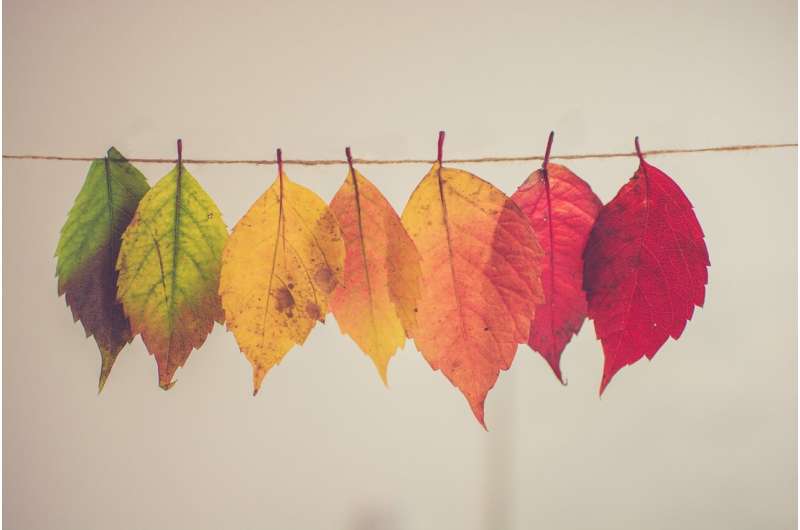Combating seasonal depression during a pandemic

Seasonal affective disorder, or SAD, as the name implies, comes and goes with seasons. Though it is possible to experience SAD twice a year, we tend to see this disorder at its height starting in late fall and lasting until the spring. It is commonly known as "winter depression." Add in a global pandemic, a heated election season and stressful holidays this year, life can seem overwhelming.
SAD is associated with a shift in our brain chemistry and internal biological clock during the shorter daylight hours and decreased sunlight of winter. Not surprisingly, it is more common the further north you live.
Feeling down and having difficulty finding joy or caring about things you used to care about are signs of depression, especially if you have these feelings for a long period of time, at least more than two weeks. Depression can manifest itself in each individual's bodies differently. It can cause you to lose or gain weight, sleep too much or too little, lack energy, move or speak slower than normal and feel restless. Those who experience SAD during the fall tend to sleep more than usual, eat more and have greater cravings for sweet or starchy food, thus gaining weight.
In severe cases, patients may think about death or suicide. It is important that if you have these feelings, you seek help immediately.
You can take steps at home to combat the effects of SAD. Some people find that exercise helps them to feel better, even if it is for 30 minutes each week. Fresh air and sunshine can work wonders, too. Stick to a regular sleep schedule. Do your best to get adequate sleep by staying consistent and going to bed and waking up at the same time each day, even on the weekends. Avoid alcohol, caffeine and screen time in the evening before bed.
Light therapy may be recommended as a first line of defense for those who experience fall onset SAD. Often, this type of therapy is extremely effective and is enough to help those who suffer from mild cases of fall onset SAD. It is possible that your doctor may recommend the use of antidepressants. We find that patients who have more severe cases of SAD, and those who are considering self-harm, benefit more from these medical aids. No matter what, consult your doctor before use of any type of therapy to determine which will work best for you.



















